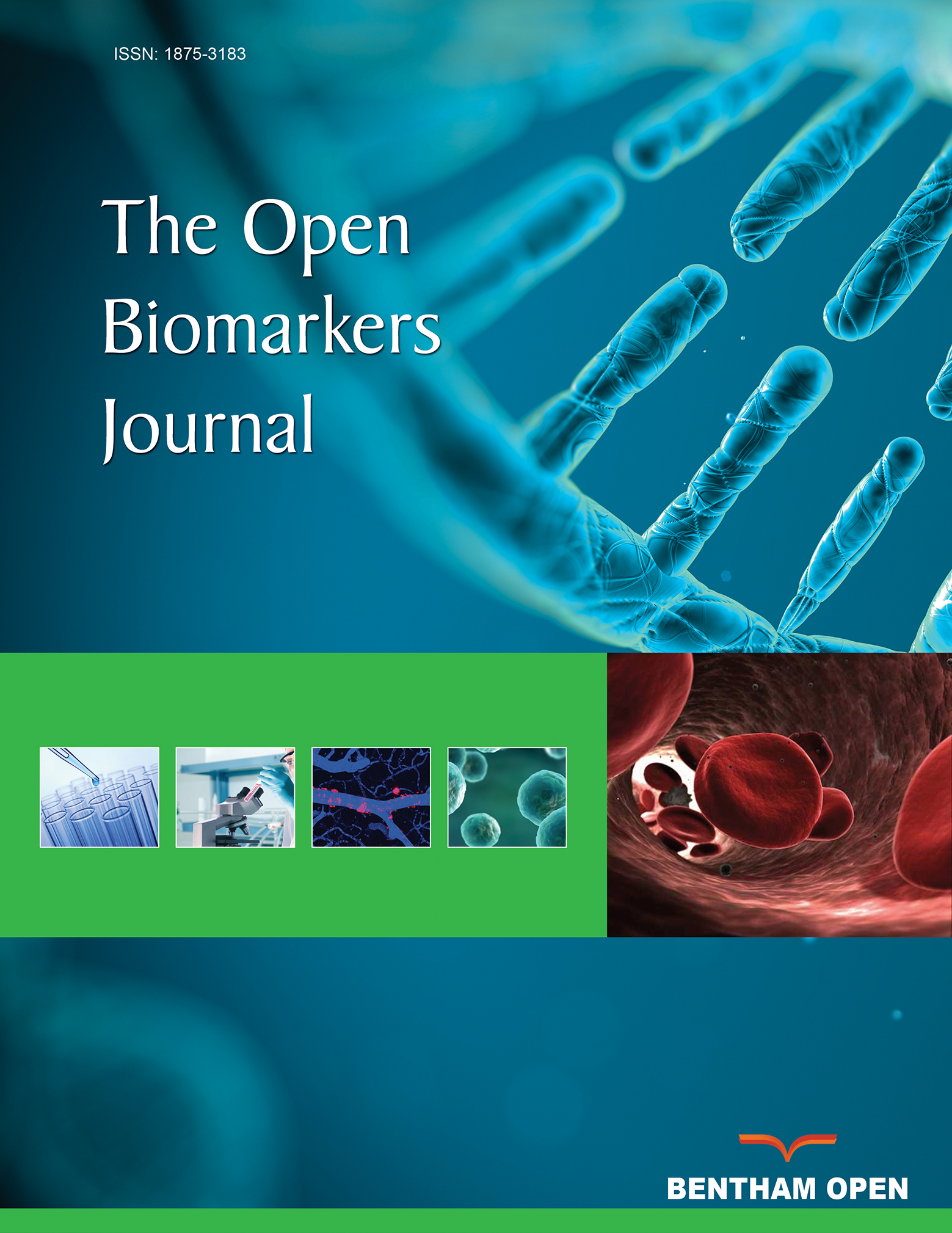All published articles of this journal are available on ScienceDirect.
Detection of Tear Biomarkers for Future Prostate Cancer Diagnosis
Abstract
Prostate cancer (CaP) continues to be the second leading cause of cancer-specific death in men in Western countries. The marker currently used for CaP detection is an increase in serum prostate specific antigen (PSA). However, the PSA test may give false positive or negative information and does not allow the differentiation of benign prostate hyperplasia (BPH), non-aggressive CaP and aggressive CaP. Tears are a unique source of body fluid and contain proteins, peptides, mucins and lipids, which is useful for studying clinical proteomics. Advances in the field of proteomics have greatly enhanced the study of tears, with a greater number of proteins now being identified in tears. Identification of novel biomarkers in tear is a new area of development. Modern advances in the field of proteomic techniques hold the promise of providing the clinical oncologists with new tools to find novel CaP biomarkers for early diagnosis and prognosis.


